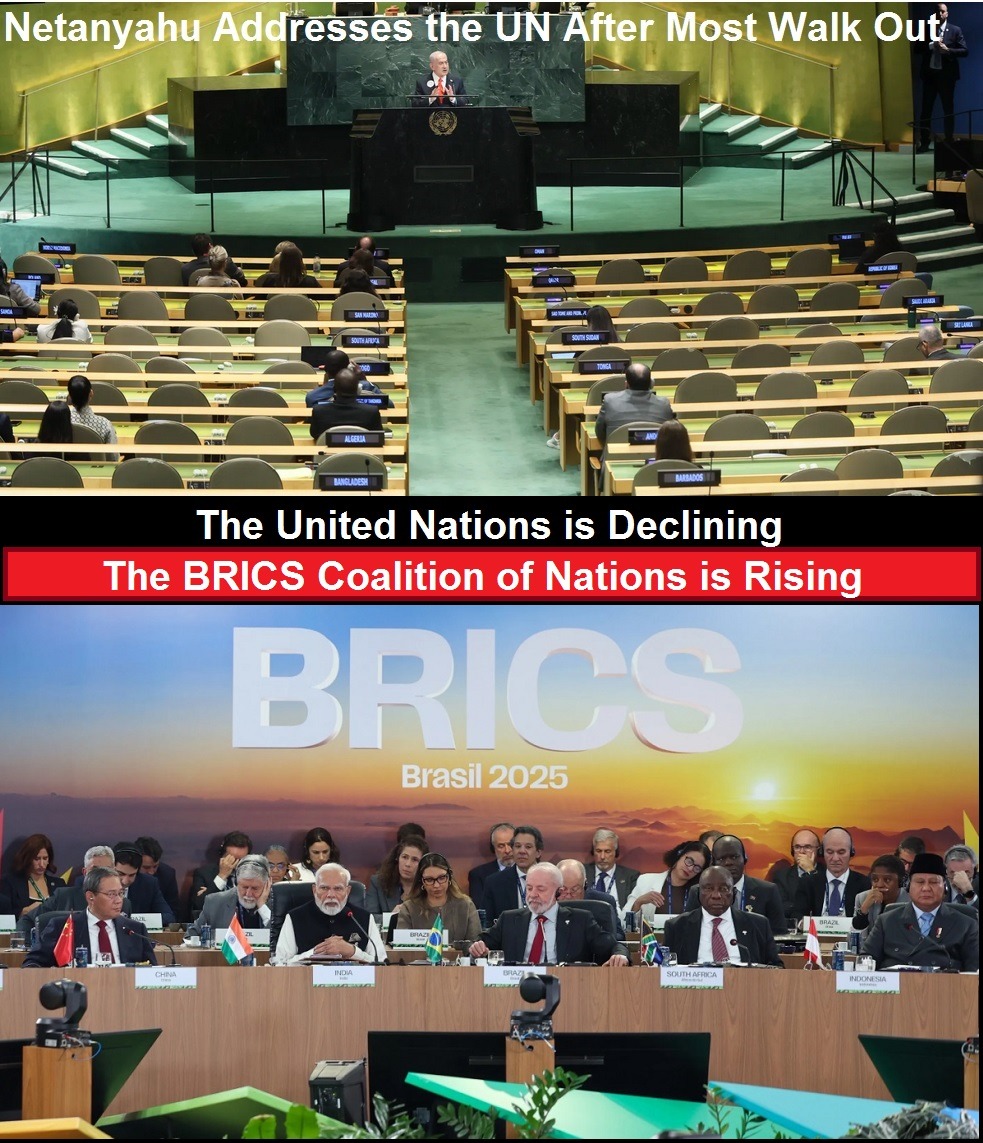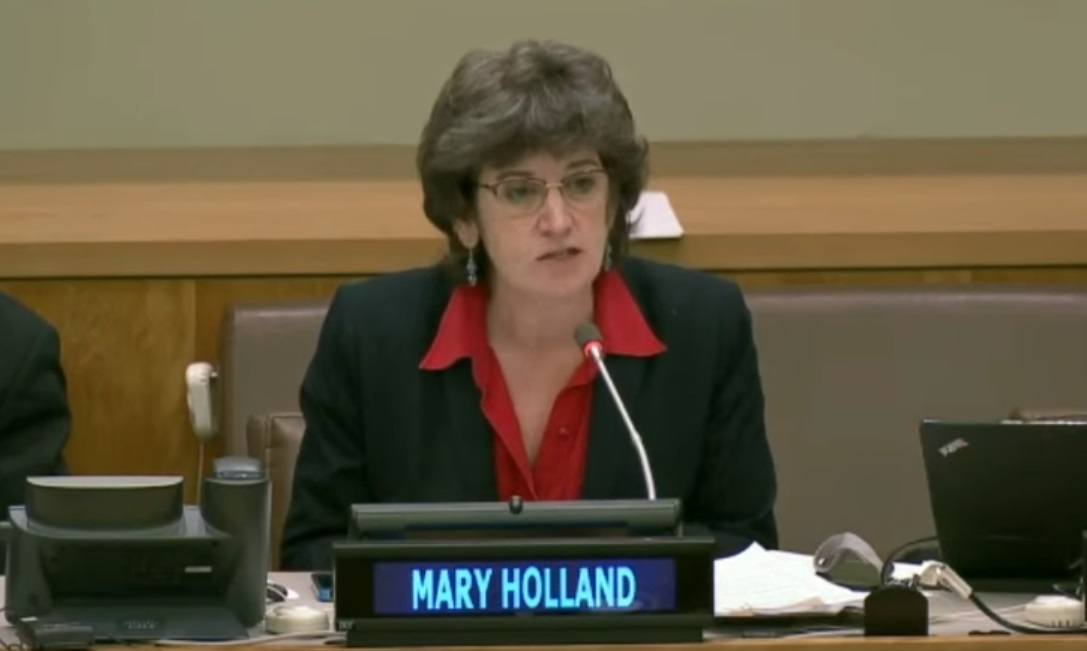The Declining Influence of the UN was Illustrated this Week When Most Nations Walked Out on Netanyahu’s Speech
The United Nations had a general assembly this week in New York City. The Palestinian Authority President Mahmoud Abbas and 80 other Palestinian officials were denied visas to travel to New York to attend the session, even though the State of Palestine has been a non-member observer state in the UN for over a decade now. Prime Minister Benjamin Netanyahu from Israel, however, was allowed to attend and even give a keynote address, in spite of the fact that there is a criminal warrant out for his arrest in the International Criminal Court. The Israeli Press reported that his plane had to take an unusual route to reach the U.S., avoiding European airspace, as most of Western Europe has turned against Netanyahu and are calling for a two-state solution now, even the U.K. So the fact that Netanyahu was too afraid to fly over Europe is a first. When Netanyahu took the stage to address the UN General Assembly, most of the nations present walked out. Earlier in the week U.S. President Donald Trump addressed the UN, and stated: "Your countries are going to hell”, due to their immigration policies. He scolded them on many other issues as well. It can hardly be surprising, therefore, that many countries around the world are abandoning the declining United Nations, and are instead joining the BRICS coalition of countries to oppose the Zionists. They had a very successful gathering of their leaders earlier this year in Brazil.





